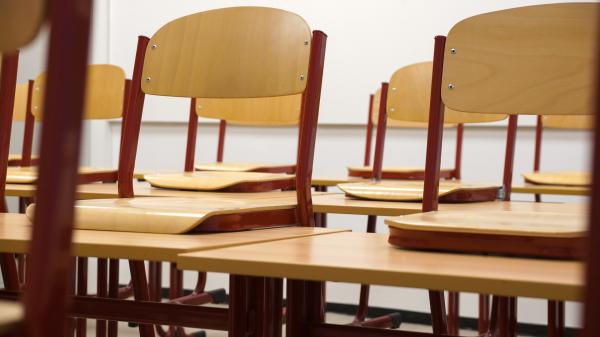A petition calling for all Victorian students to get back into the classroom at the start of Term 4 has attracted thousands of signatures.
A group of Melbourne mums is behind the push and to date, nearly 8000 people have signed.
Education Minister James Merlino said recently he expected kids would return, while Chief Health Officer Brett Sutton was more reluctant, saying he hoped they would, and flagged a staggered start.
To date, there’s been no official word on what families and teachers can expect.
You can view the petition here
One of the mums, Phoebe Rolleston, said they wanted to put pressure on the state government to prioritise Victorian children.
She said the impact on children and families has been devastating.
“We want to shed light on the fact that there has been no real debate and no substantial evidence presented to support the state government’s decisions and due to this the Victorian children are set to miss more school than any other children in the world,” she said.
“Victorian schools have been the first thing to close and the last thing to open up – this is not justified.“We want to ensure our children are not impacted any further, we want a safe return to the classroom for all year levels at the beginning of term four.”
Ms Rolleston said there were a number of practicalities that made learning from home incredibly difficult.
“We think it has gone beyond frustration to the point of devastation for many children and families,” she said.
“The online education our children have been receiving is sub-standard, not because teachers, parents and students aren’t trying, they are all doing an amazing job, but simply because children should not be taught that way for extended periods.
“Furthermore, school closures amplify inequalities for many children as they are forced to remain home in highly stressed environments.
“Practical issues for many families include poor internet, limited access to devices, and a lack of space to learn in crowded households with limited supervision available.
“These reasons and many more contribute to poor academic learning, social development and impact greatly on the mental, physical and emotional health of our children.”








